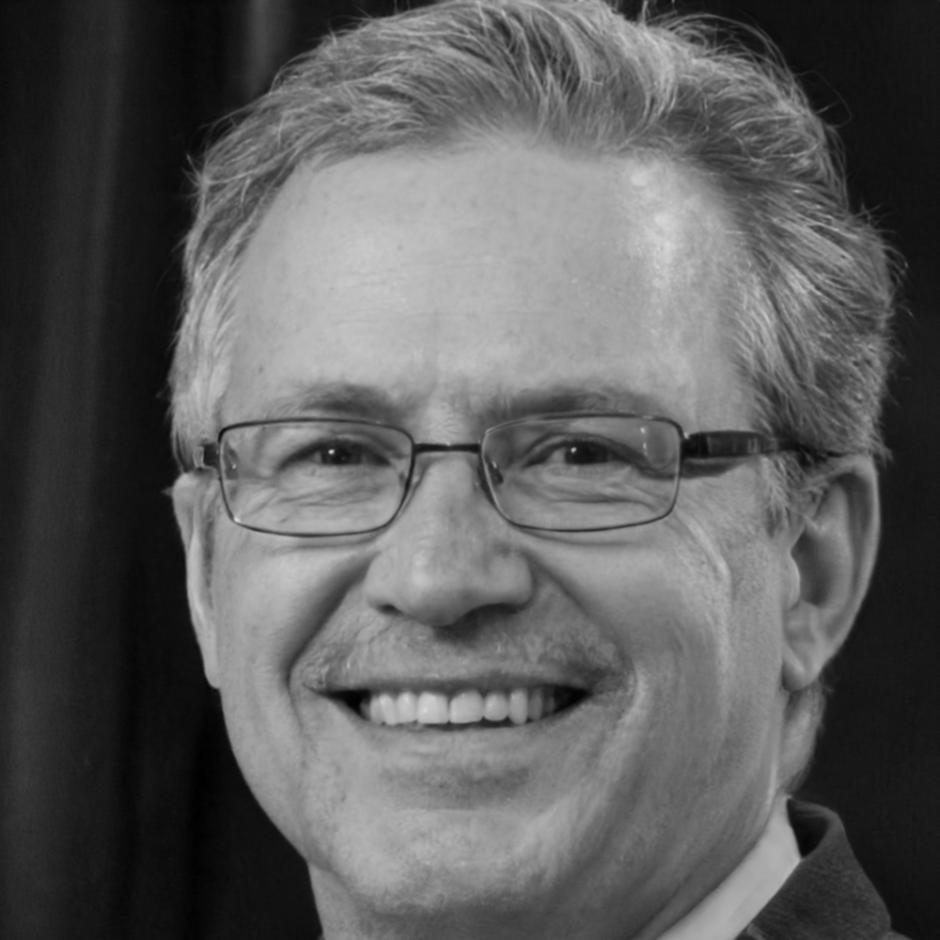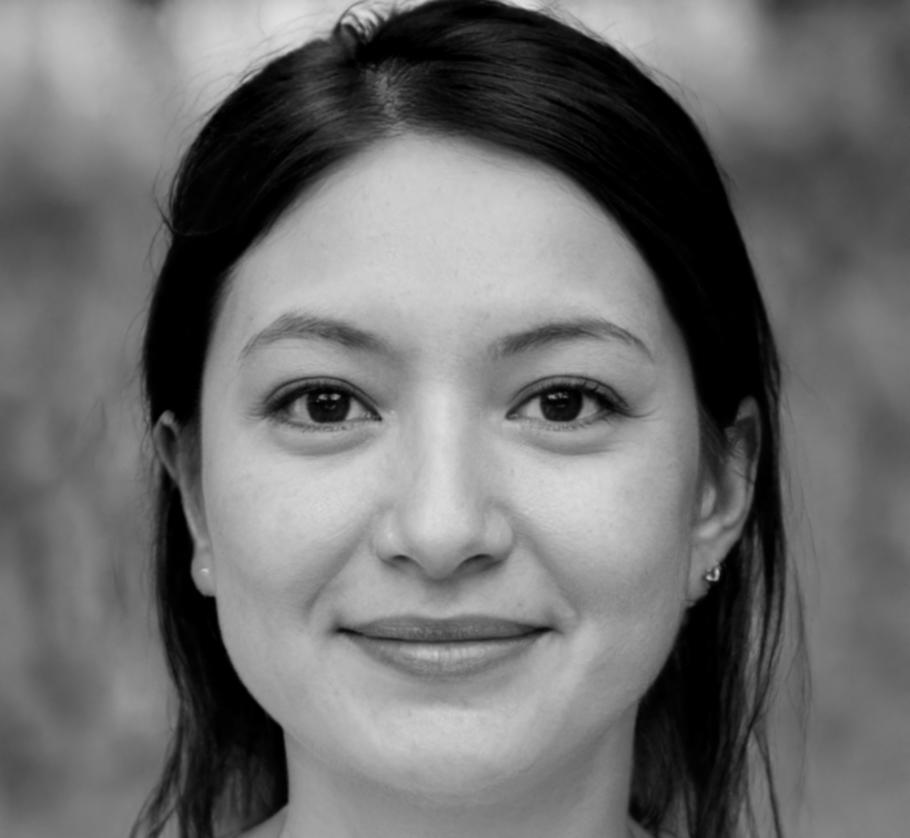Advanced Scenario Modeling Programs
Our comprehensive curriculum covers everything from basic sensitivity analysis to complex Monte Carlo simulations. You'll work with real datasets and learn to build models that actually get used in boardrooms.
- Multi-variable sensitivity analysis techniques
- Risk-adjusted scenario planning methodologies
- Integration with existing financial reporting systems
- Regulatory compliance and audit trail development
- Interactive dashboards for executive presentations
- Crisis scenario planning and contingency modeling
Most participants spend 8-12 months developing proficiency in advanced modeling. We've found that building these skills properly takes time — there are no shortcuts when it comes to understanding the nuances of financial modeling.

